Kamala Harris and Donald Trump are going all-in on Pennsylvania, which is considered the “golden land” of the election. They are pouring more money, time and effort into it than any other state, setting the stage for a fierce battle with a heavy advertising blitz. When Vice President Kamala Harris announced her economic agenda, she chose Pittsburgh, the industrial heart of the state. When she introduced her running mate, she went to Philadelphia, a place steeped in history. And when it came time to choose the location for former President Barack Obama’s first campaign rally this fall, she kept coming back to Pittsburgh, as if to assert that “water flows to the source,” that this is where her destiny will be decided. On the other side, former President Donald Trump has “bet” the bulk of his advertising budget on Pennsylvania, and has held more rallies there than anywhere else since Harris entered the race. In just one week, Mr. Trump had two rallies on Wednesday and three more in just a few short days, a sign of his “go all or go all” determination.
Pennsylvania - the "golden key" battleground Although the 2024 election has seven important battleground states, all of which can decide the outcome, Pennsylvania stands alone as a pioneer, a bright spot that both Harris and Trump's strategists have circled, considering it the "golden key" that can open the door to the White House. The two candidates are "pouring all their capital" into this state, where they and their allies are expected to spend up to $350 million on television advertising, $142 million more than the closest competing state, even exceeding the total spending of Michigan and Wisconsin combined. Pennsylvania is their most important target in this battle. The reason Pennsylvania is important lies in three key factors. The first is the size of the state: With 19 electoral votes, Pennsylvania is like the "fattest bait" among the battleground states. Second is the polling results: This state has been balanced for months, not leaning to either side. Third is the decisiveness in the election: Both Mr. Trump and Ms. Harris, especially Ms. Harris, are unlikely to reach 270 electoral votes without Pennsylvania. In a recent campaign, Mr. Trump did not hesitate to declare: "If we win Pennsylvania, we win everything." That statement is like a firm affirmation that Pennsylvania is not only a place to win, but also a "talisman" for the entire election. A miniature version of America Pennsylvania has always been a complicated hot spot in the eyes of both parties because of its unique mix of demographic and geographical factors, like a "miniature version" of America. This state has large urban centers like Philadelphia, where there is a large concentration of black voters, the decisive source of strength for the Democratic Party. In the fast-growing suburbs, where residents are mostly well-educated whites, Republicans are losing ground under Donald Trump. But struggling industrial towns are fertile ground for Trump, while small cities that have welcomed a wave of Latino immigrants are where Kamala Harris is trying to expand her influence. At the same time, the large but shrinking rural population, especially the white, uneducated voters who are Trump’s most valuable asset, still accounts for about half of the vote. “Pennsylvania is almost America in miniature,” said Pennsylvania’s Lieutenant Governor Austin Davis. The battle for power in the state is fierce, with national consequences. Kamala Harris is running online ads aimed at Latino voters in eastern Pennsylvania and broadcasting messages on 130 rural radio stations, where Republicans who voted for Trump are switching to her. Harris’s campaign said it knocked on 100,000 doors on a single Saturday, a milestone for her campaign. Trump, meanwhile, has been ramping up his presence, sending his running mate, Ohio Sen. JD Vance, to Pennsylvania more than any other state. Pennsylvania is also where Trump held an exclusive meeting with Sean Hannity on Fox News. Trump returned to the state on Wednesday with rallies in Scranton and Reading, marking his eighth and ninth rallies there since Harris entered the race. In Reading, a predominantly Latino city, the Trump campaign is offering free haircuts on Sundays during Latino Heritage Month. While former First Lady Melania Trump has yet to appear on any campaign trail, Kamala Harris' husband, Doug Emhoff, has been in the crowd, enjoying beers with fans at a football game in a Philadelphia suburb and attending a rally with singer Jason Isbell in Pittsburgh. Both campaigns have tried to keep Pennsylvania's key activists and officials happy. At the Republican and Democratic conventions, only delegates from the candidate's home state get better seats than Pennsylvania. "Pennsylvania is the center of the universe," said Cliff Maloney, who is leading the effort to get Republicans to vote by mail. Lt. Gov. Austin Davis said that the last time he met Harris, he joked that she should rent an apartment in Pennsylvania. Harris just laughed, but in fact she was in the state almost every three days in September, a rarity in any state during the election. Gov. Josh Shapiro, who was not chosen as Harris’ running mate, has been a constant presence at her side, from rallies in Wilkes-Barre to bus rides in Philadelphia to events with writer Shonda Rhimes in suburban Philadelphia. Kamala Harris’s campaign now has more than 400 staffers spread across 50 offices across the state. Trump’s campaign has not disclosed how many staffers it has in Pennsylvania, but it says it has more than two dozen offices there. Confidence from both sides of the aisle National political races can sometimes be surprisingly intimate, like a strange wind blowing through the countryside. Kamala Harris stopped by Penzeys in Pittsburgh to pick up campaign seasonings, then stopped at a local bookstore in Johnstown and picked up a bag of Doritos at a Sheetz gas station in Moon Township. Donald Trump was no less colorful, stopping at Sprankle's Market in Kittanning, where he bought popcorn and generously gave a $100 tip to a customer. He also enjoyed a famous cheesesteak at Tony and Nick's in Philadelphia. So how polarizing is Pennsylvania, the crown jewel of the race? The state is the only one in the country where Democrats control one chamber of the state legislature, while Republicans hold the other, by just one seat. Pennsylvania is also home to the most expensive Senate race and has two hotly contested House seats that could sway the state of Congress. Democrats are optimistic, having won several key races for governor and Senate in recent years, including in 2022. But Republicans are also confident in this one, with voter registration numbers shifting strongly in their favor. The day Mr. Trump won Pennsylvania in 2016, Democrats had about 916,000 more voters than Republicans. By Monday, that number had dropped to 325,485. Earlier this year, Bucks County, one of the hot suburbs surrounding Philadelphia, swung toward the GOP by voter registration. Luzerne County, near Scranton, also turned red in September. Mr. Trump won the county in 2016 by 19 percentage points, just four years after Obama won by a narrow margin. Another surprise was the impact of Mr. Trump’s assassination in Butler County, which some local supporters had predicted would spark a surge of support. Mr. Trump held a big rally there, with Elon Musk, the world’s richest man, in attendance. Abraham Reynolds, 23, who runs a cleaning business in North East, Pennsylvania, was at the rally when Trump was shot. “That really galvanized me,” Reynolds said. He became a campaign volunteer and is now a leading supporter of Trump. Who will win? The Pennsylvania political race is playing out like a game of Go, with both candidates leaving no stone unturned in their bid to win over voters. During the debate, Kamala Harris criticized Donald Trump for his desire to withdraw from the war in Ukraine: “Why didn’t you tell the 800,000 Polish Americans in Pennsylvania that you were going to get out of the war quickly?” Trump was not far behind, planning to visit a Polish church in Bucks County, but the trip had to be canceled for security reasons. Both candidates use policy as a powerful weapon. Trump has used Harris’s opposition to shale gas to appeal to voters in resource-rich western Pennsylvania. Kenneth Broadbent, a union manager for the Steamfitters, said the union supports Harris, but members are demanding more on jobs policy. “She needs to come up with a clear energy policy,” he said. Trump has promised to restore a tax deduction for suburban households, but this only benefits high-income earners. Pennsylvania leads the country in spending more than $50 million on Google ads this year, with Trump spending more than $80,000 on a video criticizing Harris in Philadelphia. Not to be outdone, Harris’s campaign has also run ads in cities with large Hispanic populations, using Caribbean accents to appeal to Puerto Rican and Dominican communities. “This is a game of margins,” said Dan Kanninen, Harris’ campaign director in battleground states.
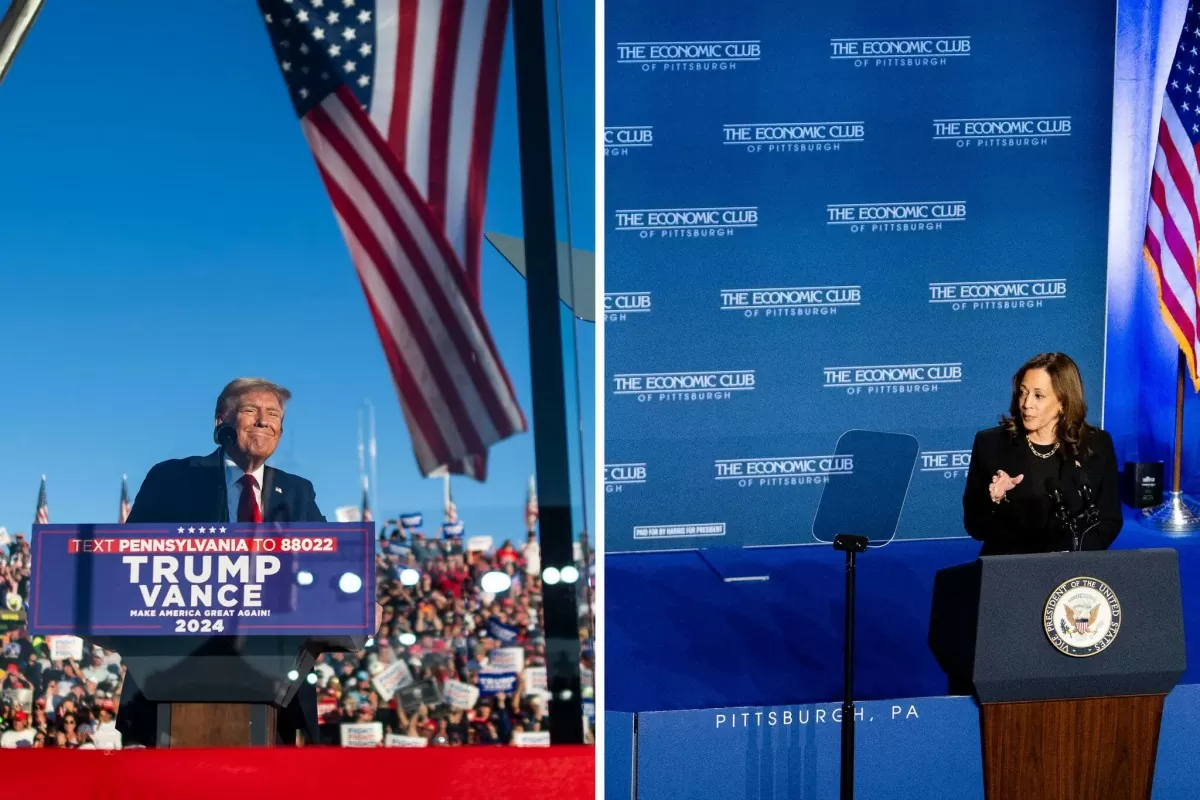 |
| Kamala Harris and Donald Trump are focusing on Pennsylvania. Photo: TNYT |
Congthuong.vn
Source: https://congthuong.vn/bau-cu-my-2024-tran-dau-cuoi-cung-tai-tieu-bang-quyet-dinh-351338.html



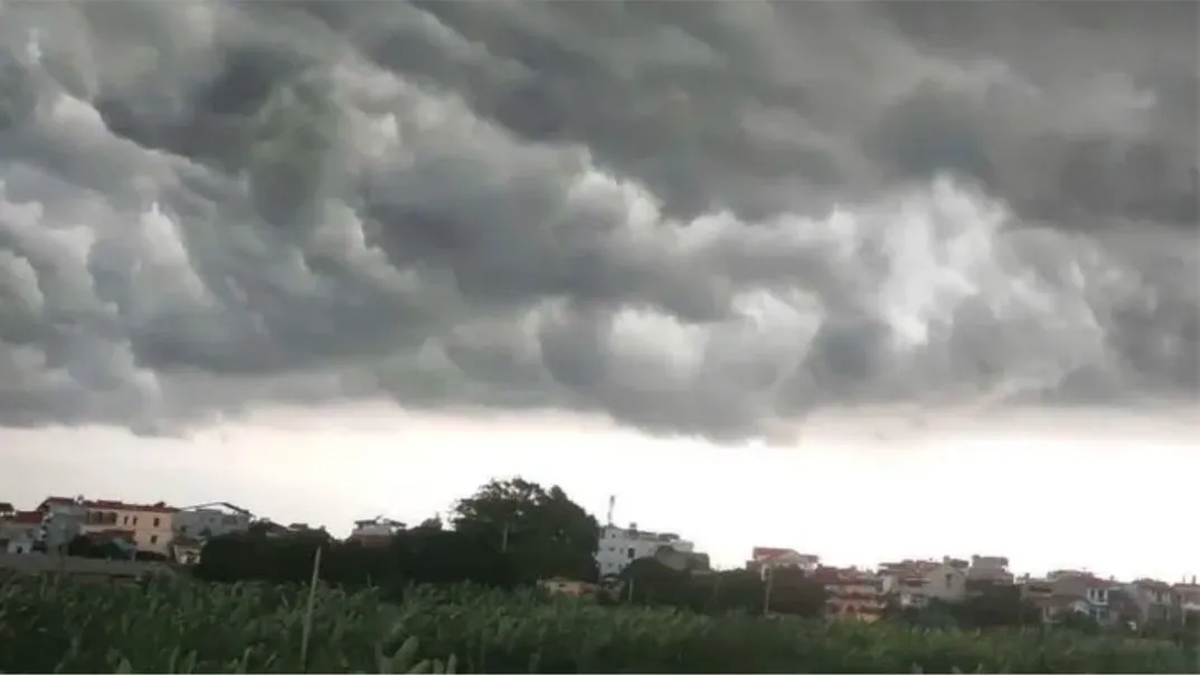

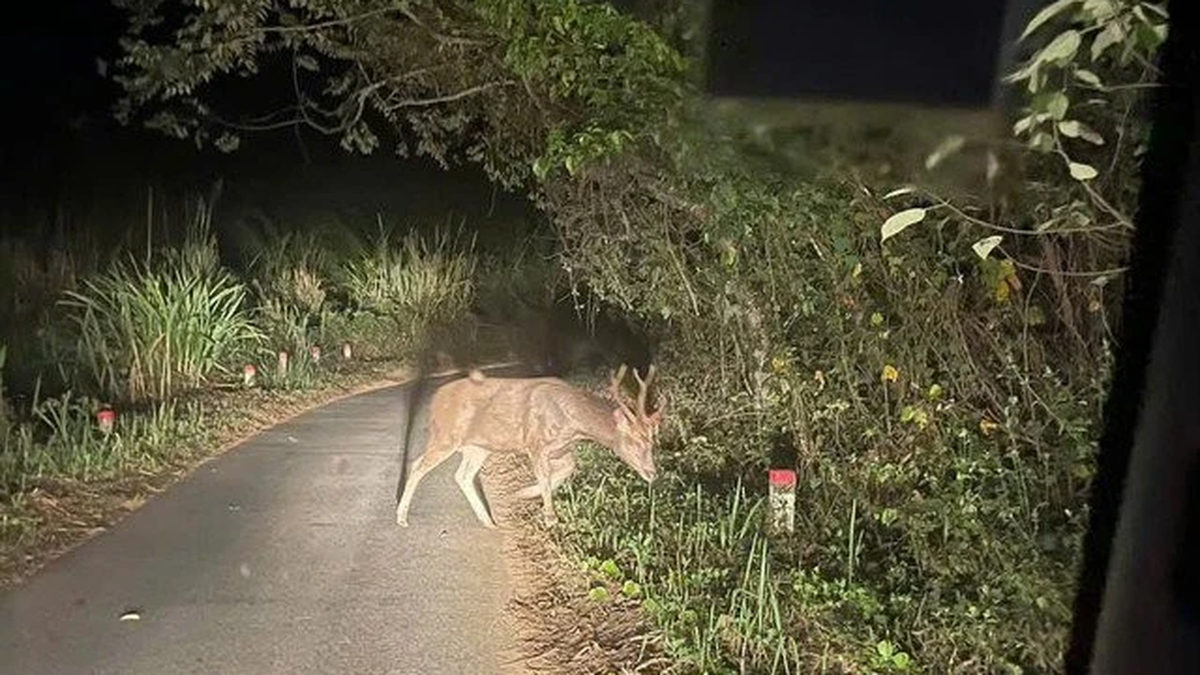
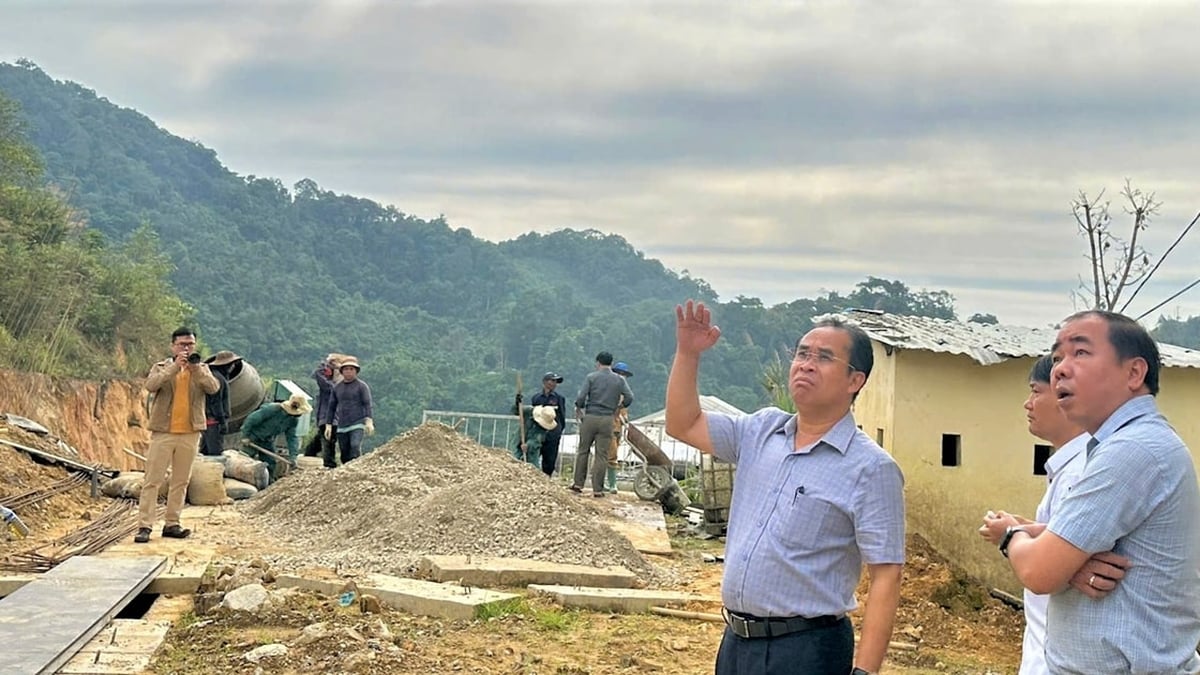


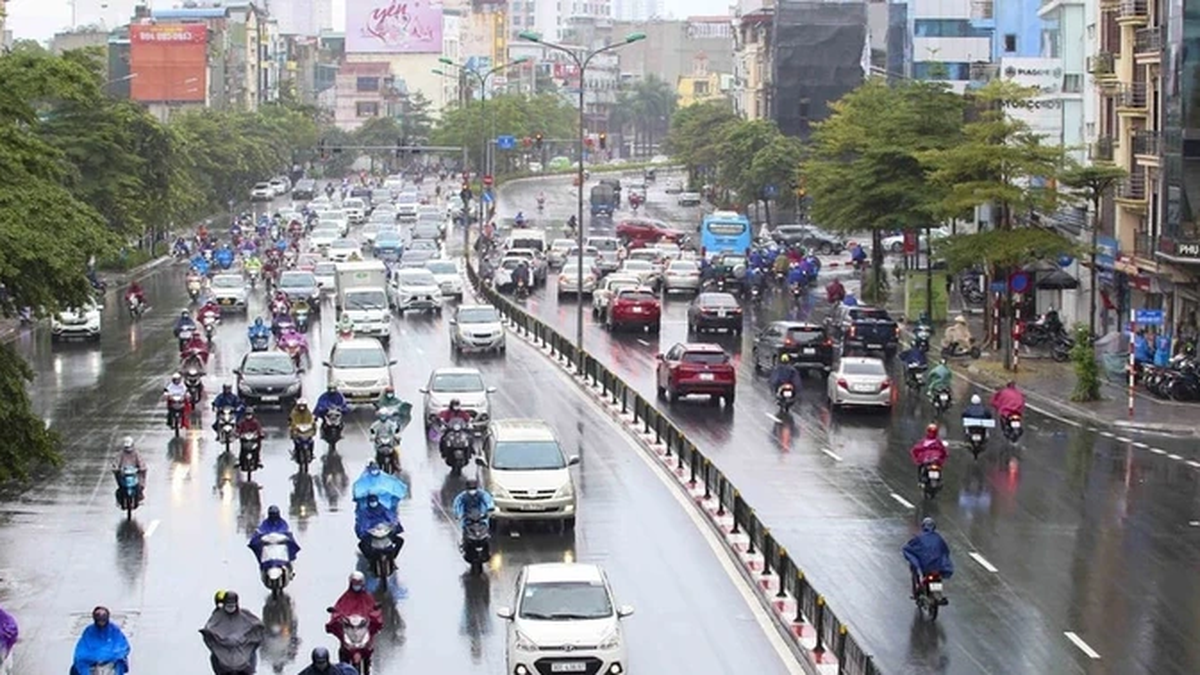












![[Photo] Discover the "wonder" under the sea of Gia Lai](https://vphoto.vietnam.vn/thumb/1200x675/vietnam/resource/IMAGE/2025/8/6/befd4a58bb1245419e86ebe353525f97)







![[Photo] Nghe An: Provincial Road 543D seriously eroded due to floods](https://vphoto.vietnam.vn/thumb/1200x675/vietnam/resource/IMAGE/2025/8/5/5759d3837c26428799f6d929fa274493)

































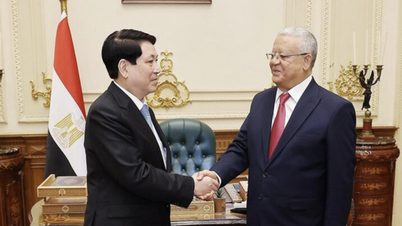





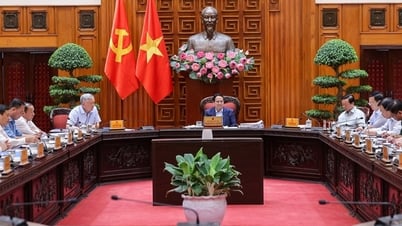



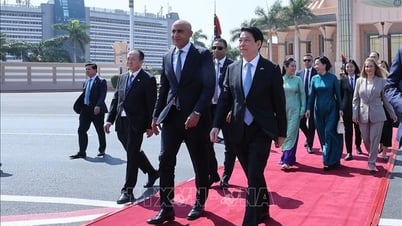


















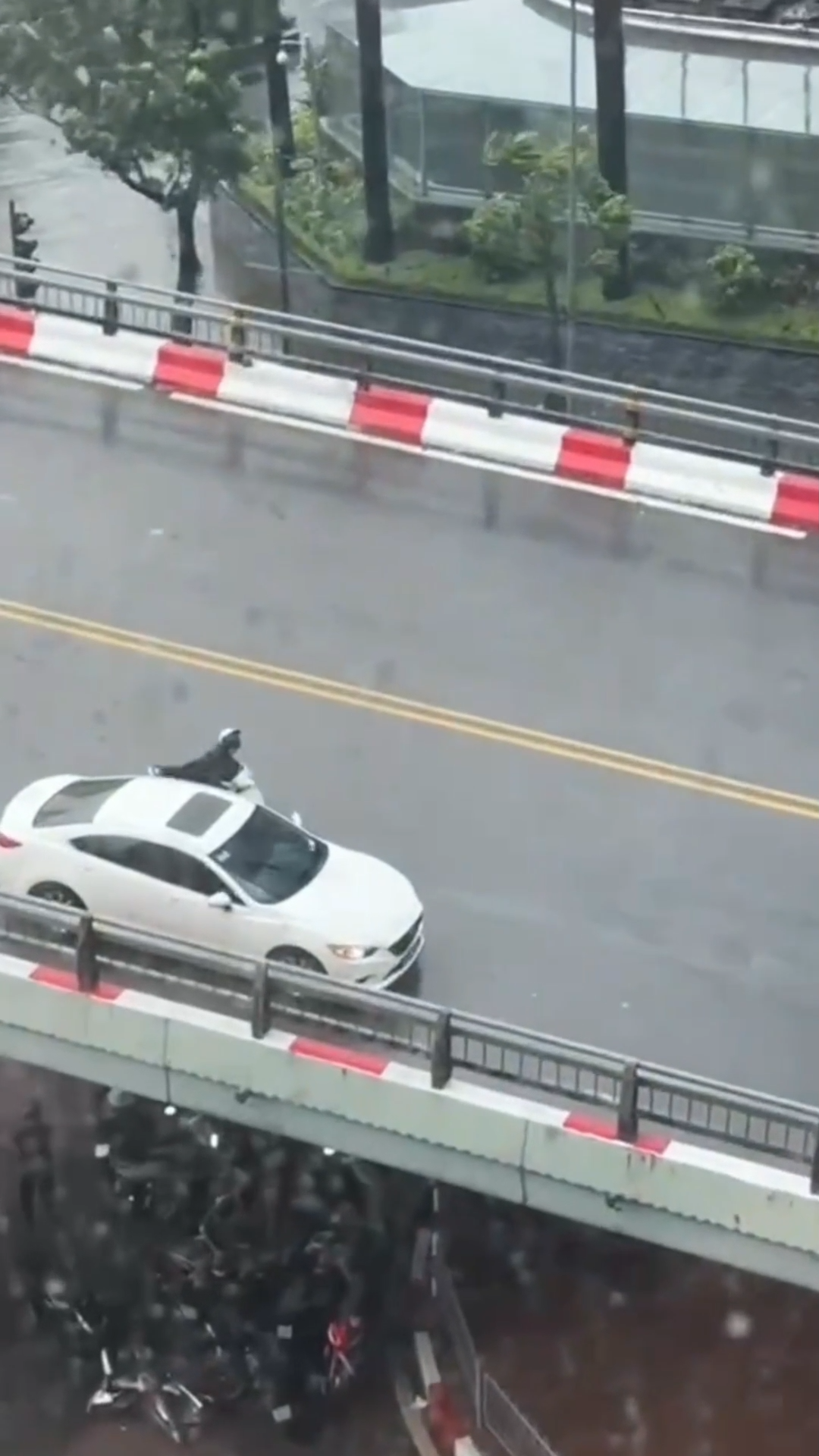


Comment (0)